- Home >
- News & Events >
- Year Level Assessments
Year Level Assessments
This page provides a broad outline of year level (cohort) assessments occurring this year.

Year 9 PATs provide data on students' readiness for entry in the Year 10 CAAs (the NZQA Literacy and Numeracy exams). Students must achieve the Literacy and Numeracy co-requisite 20 credits to ensure any other credits earned count towards their NCEA qualification. If the co-requisite 20 credits are not achieved in the Year 10 CAAs, there are other pathways available in the senior school (or, students may re-sit the CAAs in later years).
| Dates | Year Levels | Assessments | Notes |
| November 2025 | Year 11-13 | NCEA Exams | NZQA's NCEA exams are run on-site by an independent Exam Centre manager and an external team of supervisors. Students are assessed on external standards in these exams. You can view the NCEA exam timetable here. |
| November 2025 | Year 9 | Progressive Achievement Testing (PAT) - Mathematics | These standardised tests provide data on students' readiness for the NZQA Numeracy CAAs in Year 10. PATs are provided by the NZCER and widely used in schools. You can read about PATs here. |
| November 2025 | Year 9 | Progressive Achievement Testing (PAT) - Reading | These standardised tests provide data on students' readiness for the NZQA Literacy CAAs in Year 10. PATs are provided by the NZCER and widely used in schools. You can read about PATs here. |
| Dates | Year Levels | Assessments | Notes |
| February 2026 | Year 9 | Progressive Achievement Tests (PATs) - Reading | These standardised tests provide data on students' literacy skills. PATs are provided by the NZCER and widely used in schools. You can read about PATs here. |
| February 2026 | Year 9 | Progressive Achievement Tests (PATs) - Mathematics | These standardised tests provide data on students' numeracy skills. PATs are provided by the NZCER and widely used in schools. You can read about PATs here. |
| 18-22 May 2026 | Some Year 10 (and some Years 11-13) | Literacy & Numeracy Common Assessment Activities (CAAs) | The CAAs are NZQA exams. You can read about the CAAs here. No credits count towards NCEA until the 20 co-requisite Literacy and Numeracy credits have been earned. The CAAs in Year 10 are the primary way to gain these initial credits. The CAAs run in May and September. Students are entered in the CAAs when the school deems them to be ready to be assessed. There are other pathways available in the senior school. |
| 8-12 September 2026 | Some Year 10 (and some Years 11-13) | Literacy & Numeracy Common Assessment Activities (CAAs) | The CAAs are NZQA exams. You can read about the CAAs here. No credits count towards NCEA until the 20 co-requisite Literacy and Numeracy credits have been earned. The CAAs in Year 10 are the primary way to gain these initial credits. The CAAs run in May and September. Students are entered in the CAAs when the school deems them to be ready to be assessed. There are other pathways available in the senior school. |
| 15-19 September 2026 | Years 11-13 | Derived Grade Exams | These are the school's formative exams for senior students. No senior classes operate in this week. These exams provide full exam assessment conditions. The results of these exams may be used should a student be impaired or some way unable to complete the NZQA exams in November. In such cases, there is a process for seeking a derived grade. |
| 2-27 November 2026 | Year 11-13 | NCEA Exams | NZQA's NCEA exams are run on-site by an independent Exam Centre manager and an external team of supervisors. Students are assessed on external standards in these exams. You can view the NCEA exam timetable here. |
| November 2026 | Year 9 | Progressive Achievement Testing (PAT) - Mathematics | These standardised tests provide data on students' readiness for the NZQA Numeracy CAAs in Year 10. PATs are provided by the NZCER and widely used in schools. You can read about PATs here. |
| November 2026 | Year 9 | Progressive Achievement Testing (PAT) - Reading | These standardised tests provide data on students' readiness for the NZQA Literacy CAAs in Year 10. PATs are provided by the NZCER and widely used in schools. You can read about PATs here. |

